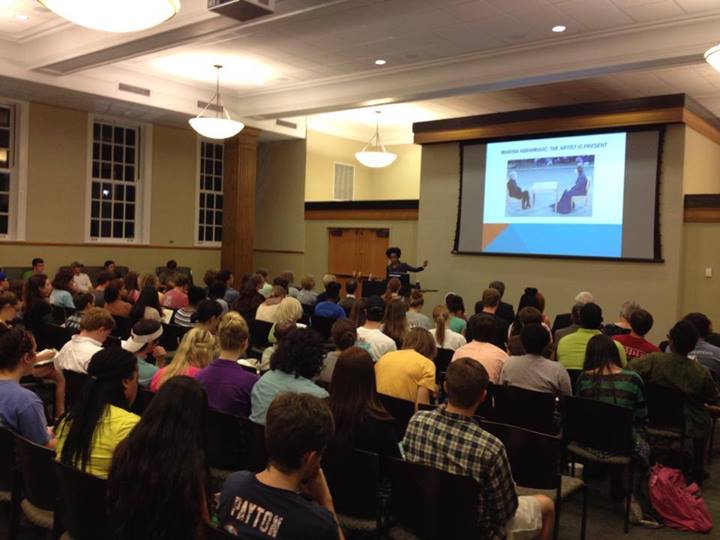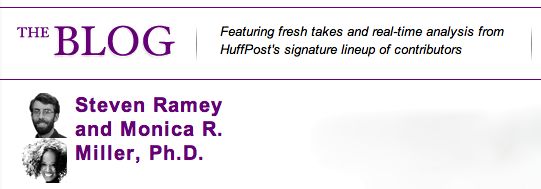 Culture on the Edge’s Monica Miller and Steven Ramey co-authored the following post,
Culture on the Edge’s Monica Miller and Steven Ramey co-authored the following post,
published originally at the Huffington Post on November 7, 2013.
People unaffiliated with a religion, commonly grouped as the ‘Nones’, are all the rage right now and have beckoned responses from faith leaders to philosophers and scholars of religion. Common among such responses is an unwavering and uncritical belief in the statistical reality of this group; very few, in our opinion, have questioned how this group came to exist in the laboratory of statistical analysis and myopic survey questions. Most recently, a series on the New York Times Room for Debate page featured references to the Nones and the similar Pew report on the status of Judaism in America. However, the methodological basis for all of this excitement is actually quite thin. Continue reading “Meaningless Surveys: The Faulty Mathematics of the Nones”

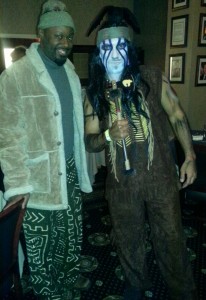 A recent occurrence of misrecognition reminded me of two Culture on the Edge blog posts written this past summer (see
A recent occurrence of misrecognition reminded me of two Culture on the Edge blog posts written this past summer (see 
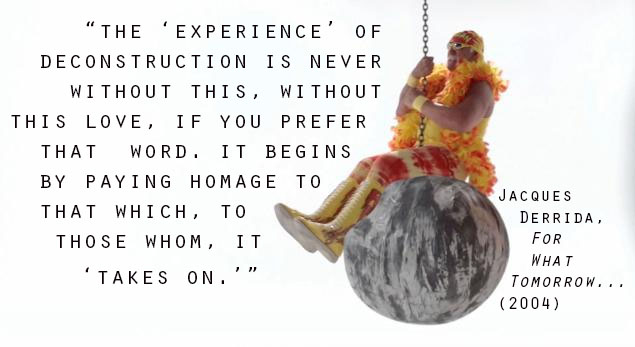 Read
Read 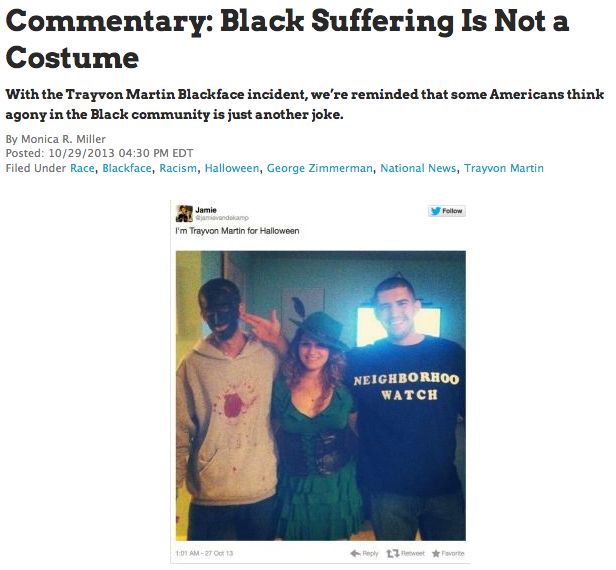 Have you read
Have you read 
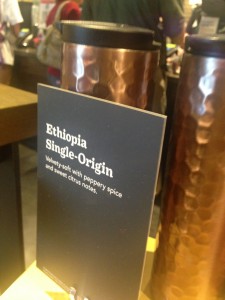 During a recent coffee run to Starbucks, an advertisement caught my eye – it read – “Ethiopia Single-Origin.” They’re many things about this ad that strike me as curious, especially the ways in which ‘Origin’ as a single and monolithic “thing” is juxtaposed over and against the country Ethiopia which is, like all places, quite heterogeneous.
During a recent coffee run to Starbucks, an advertisement caught my eye – it read – “Ethiopia Single-Origin.” They’re many things about this ad that strike me as curious, especially the ways in which ‘Origin’ as a single and monolithic “thing” is juxtaposed over and against the country Ethiopia which is, like all places, quite heterogeneous.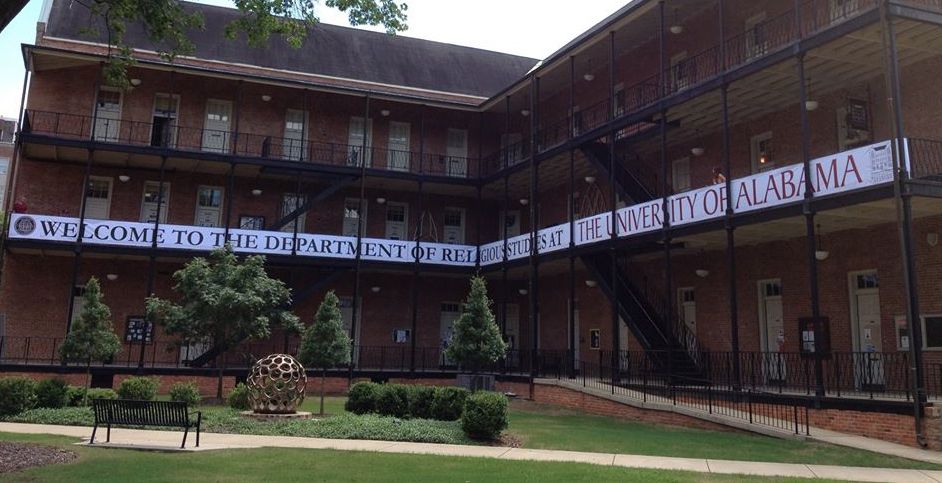 This month, I had the honor and privilege of delivering the endowed inaugural
This month, I had the honor and privilege of delivering the endowed inaugural 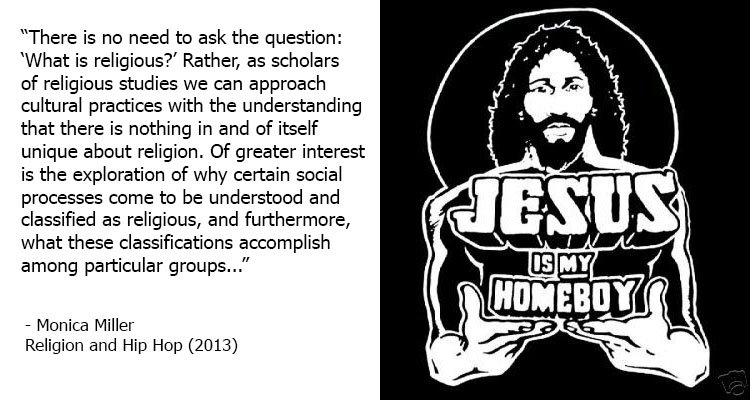 Read
Read 